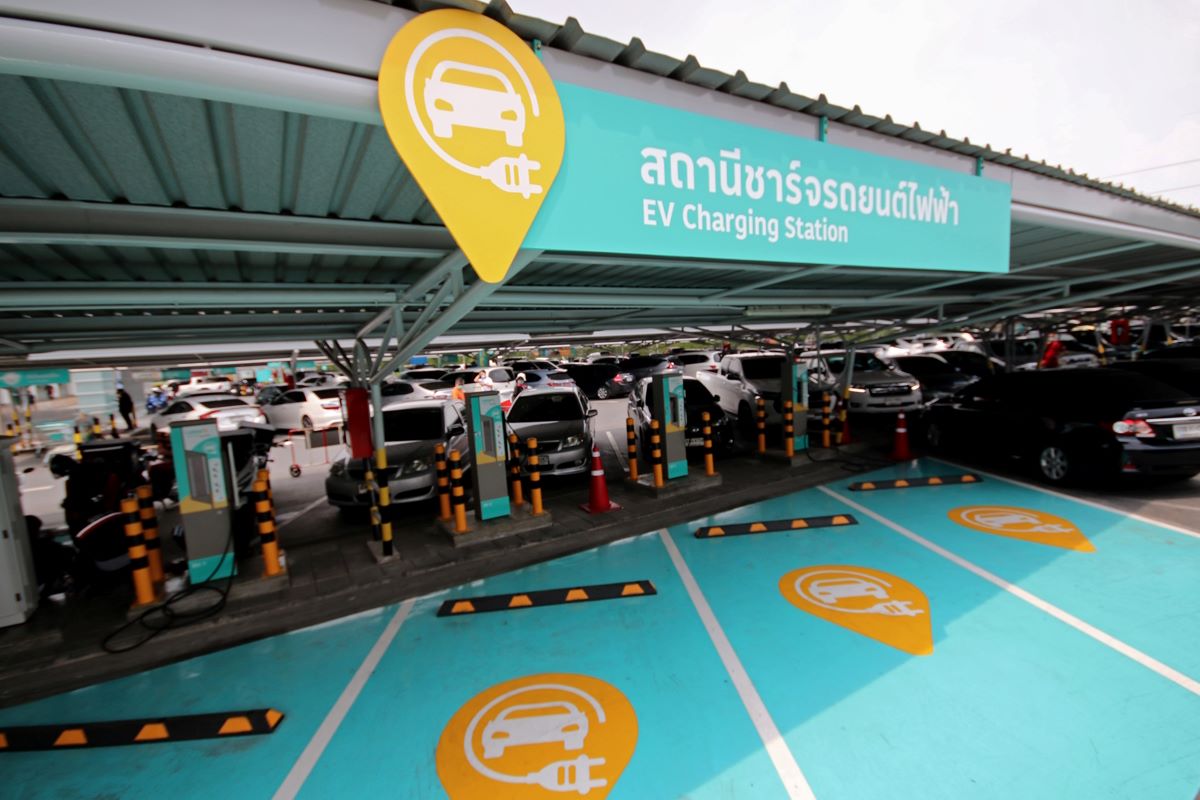The global automotive landscape is on the brink of a transformation, with electric vehicles (EVs) at the forefront of a sustainable future. In this shift towards cleaner mobility, the Association of Southeast Asian Nations (ASEAN), comprising ten member nations, is making rapid progress. This can be attributed to the fact that ASEAN’s EV ambitions have surged in recent years, driven by government policies that support this paradigm shift.
Earlier in 2023, leaders within the ASEAN region made a declaration to nurture a regional EV ecosystem. The group reaffirmed its commitment to attaining net-zero emissions and envisioned the transformation of Southeast Asia into a hub for EV manufacturing. Moreover, countries which have already introduced schemes individually to bolster their EV sectors include Indonesia, Thailand, Vietnam, Philippines and India, among others.
“Governments play a vital role in encouraging the expansion of electric vehicle charging infrastructure. As ASEAN governments push for further vehicle electrification, there must be usage and purchase incentives that either lower the overall cost of ownership or make driving electric vehicles more convenient for customers,” said Mordor Intelligence.
Along these lines, Malaysia unveiled an ambitious plan last month, with a massive investment of 95 bn ringgit ($19.8 bn) over seven years in key sectors of its economy, including EVs. Moreover, in the recently submitted 2024 budget to Malaysia’s parliament, the government has introduced a proposal to implement a graded tax incentive program for its EV sector. This initiative spans a tax allowance spectrum ranging from 60% to 100%.
Also, the country’s automotive sector is experiencing a government-driven merger, uniting two major conglomerates, Sime Darby and UMW Holdings, in an effort to align with the global transition towards electric vehicles.
Fuelled by government incentives, ASEAN’s EV market is expected to grow at a CAGR of 32.73% from $0.86 bn in 2023 to $3.54 bn in 2028.
Supply chain diversification, rich reserves of minerals to benefit ASEAN countries
Even though China leads the world in global EV sales, experts believe that the ongoing diversification of global supply chains has set the stage, especially for ASEAN’s EV ambitions to flourish.
“Manufacturing hubs in Southeast Asia are set to benefit from firms hedging against ongoing US-China frictions, in our view, and ASEAN countries will continue to be attractive destinations for investment,” says Oxford Economics.
To go along with this favourable outlook, ASEAN countries find themselves equipped with abundant natural resources. Indonesia, the largest ASEAN nation, stands out with the world’s largest nickel reserves. Along with this, the country boasts rich reserves of tin and copper. Both these minerals are a pre-requiste for manufacturing EV batteries.
Currently, through the implementation of a nickel export ban, the country is looking to consolidate its EV industry. “Moreover, as nickel is a key component in the lithium-ion batteries used in EVs, focusing on the domestic processing of nickel could see Indonesia position itself as a major player in the EV battery supply chain, potentially even producing the batteries themselves, which are significantly higher in value than raw nickel,” said Nikko AM.
Vietnam, another ASEAN member, boasts ample nickel reserves. Most notably, VinFast, a prominent private conglomerate in the country, is constructing a 14-hectare battery factory with an annual capacity of 5 gigawatt-hours. Upon its completion, the upcoming facility will claim the distinction of being Vietnam’s inaugural producer of lithium iron phosphate (LFP) battery cells. It is anticipated that the factory will initiate its operations by the conclusion of the year 2023.
However, it is Thailand that leads the pack among ASEAN nations, with the country accounting for 79% of the region’s EV sales in the first quarter of 2023. The Thai government is actively pursuing an ambitious expansion in the EV sector, with a target of transitioning 30% of its automotive production to EVs by the year 2030.
Besides, countries like the Philippines and Singapore are gaining new grounds as well. Electric jeepneys and tricycles have become a common sight in the Philippines, contributing to reduced emissions and improved urban air quality. Meanwhile, the city-state of Singapore is investing in R&D and testing of autonomous electric vehicles while promoting EV adoption through incentives and infrastructure development.
“Building an EV ecosystem in emerging Asia is imperative for ASEAN countries to accelerate consumer uptake and achieve their climate goals. Building tomorrow’s EV ecosystems means radically building out the EV value chain by stimulating both supply and demand sides of the equation,” opines McKinsey & Company.


 Australia
Australia China
China India
India Indonesia
Indonesia Japan
Japan Malaysia
Malaysia Philippines
Philippines Singapore
Singapore South Korea
South Korea Taiwan
Taiwan Thailand
Thailand Vietnam
Vietnam







